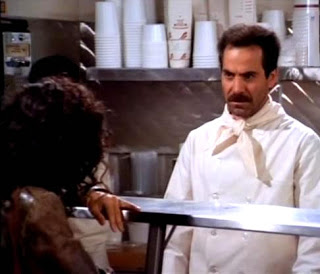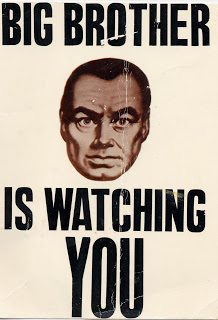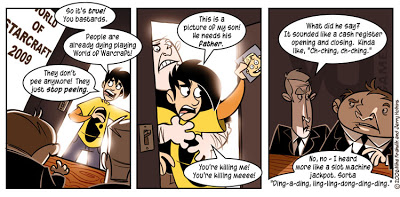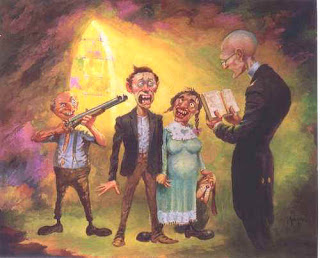As you have likely heard, a number of public PreK applicants who should have received priority (siblings of older kids already enrolled at that school; zoned kids rejected, while out-of-zone and out-of-district kids were accepted) did get spots in this year's PreK admissions. As spots are limited in general, some schools simply have more sibling or zoned applicants than there are spots for, but that is not the matter at issue.
If you know of anyone in this situation (anywhere in NYC!) please ask them to complete this survey as we (parents of rejected kids) attempt to get a handle on the scope & outreach thus far. While both Public Advocate Betsy Gotbaum & City Councilman Bill De Blasio called a press conference yesterday demanding the DOE deal with the situation, we have yet to have a proper response from the DOE as a group or individually. They have told the press they will find suitable spots for wrongly rejected kids, but these spots may be in a school elsewhere in one's district. That is unacceptable.
PLEASE PASS ON OR POST THIS SURVEY:
http://www.surveymonkey.com/s
Many thanks,
Mom to rejected twin and accepted twin (although no letter yet) at big sis' school__














































I still feel that way, but I started thinking a lot about the concept of a "unifying mission." Unifying mission or no, I'd probably manage my classes very similarly. But as I walk down the halls of our crammed to the rafters building, I often observe the deans telling kids to take their hats off, turn off their radios, and straighten up and fly right. The kids, walking right in front of me, move about ten feet before putting their hats back on, turning on their radios, unstraightening themselves and flying incorrectly.
Now I'm rushing to class, and I honestly have neither the time nor the inclination to deal with these kids, none of whom I remotely know. My experience in hall patrol has taught me that what the AP Security's office most desires is to be left alone, and that they're unlikely to issue even a slap on the wrist to anyone I bring in. So honestly, why should I bother?
If the administration were willing to strongly enforce its rules, and back up teachers who help, it would be one thing. But in the real world, I'll deal with the kids in my class, all of whom know their problems in my class will follow them home, due to my efforts (and those of a loose team of translators I've assembled through the years).
Personally, I like teaching in a regular public school. But while the chancellor cries that all incidents must be reported, merit-pay for principals hinges on as few of them seeing the light of day as possible.
And while I may control things in my saloon, once the customers step outside those swinging doors, it's the Wild West all over again.